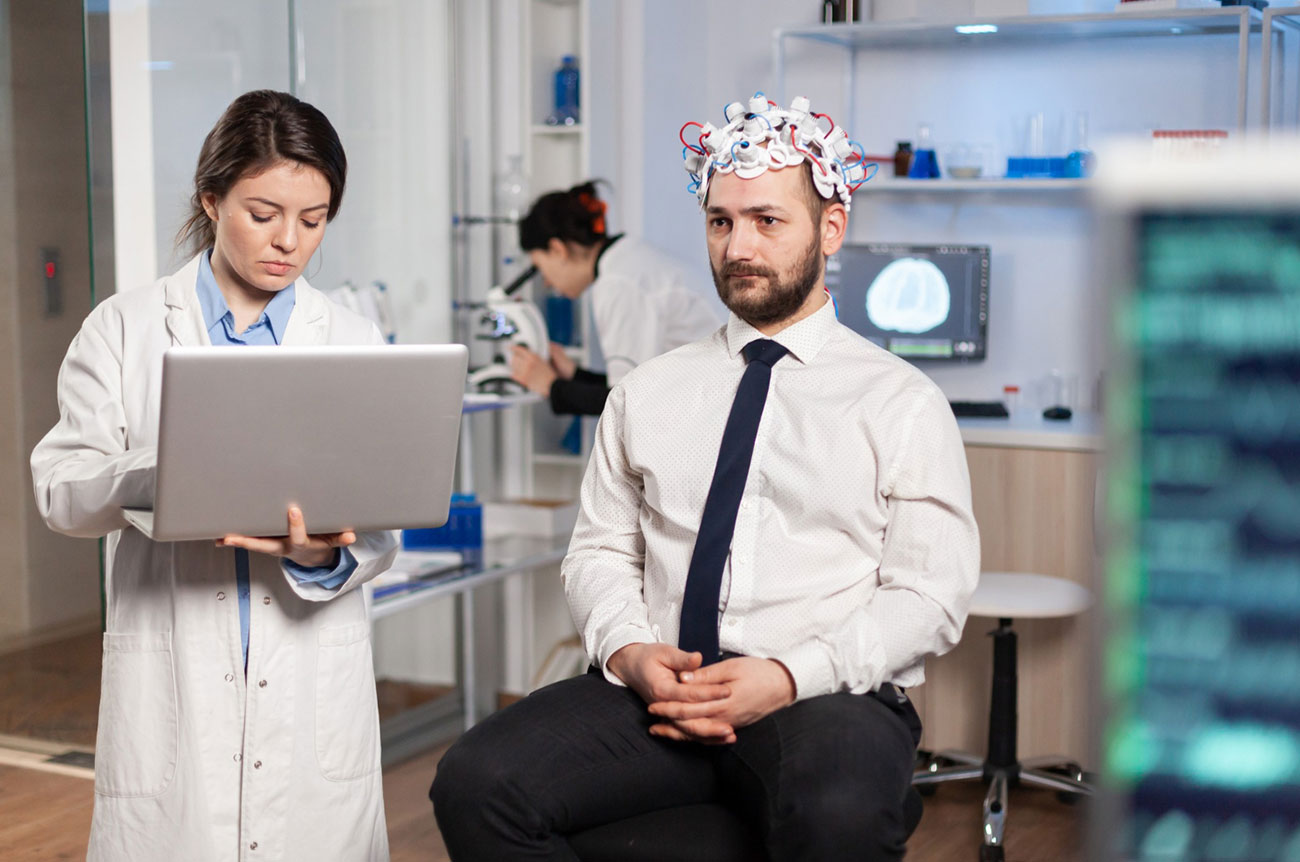
Posted On October 11, 2024
The Future of Healthcare: AI-Driven Consulting for Better Patient Outcomes
Artificial Intelligence (AI) is transforming healthcare by enhancing how medical data is analysed and used. AI systems can process vast amounts of data quickly and accurately, leading to more informed decisions and better patient outcomes. These technologies range from machine learning algorithms that identify patterns in medical records to advanced robotics that assist in surgeries.
How AI Enhances Patient Care Through Data Analysis
AI enhances patient care by analysing complex data from various sources, such as electronic health records (EHRs), medical imaging, and patient feedback. This analysis helps in identifying trends and predicting potential health issues before they become severe. For instance, AI can flag unusual patterns in a patient’s health data, allowing for early intervention and personalised treatment plans.
The Benefits of AI-Driven Decision Making in Treatment Plans
AI-driven decision-making improves treatment plans by providing precise recommendations based on individual patient data. These systems consider a patient’s medical history, genetic information, and current health status to suggest tailored treatment options. This personalised approach not only increases the effectiveness of treatments but also reduces the likelihood of adverse reactions.
Predictive Analytics: Anticipating Patient Needs with AI
Predictive analytics, powered by AI, enables healthcare providers to anticipate patient needs and potential health crises. By analysing historical data and recognizing patterns, AI systems can forecast future health issues and recommend preventative measures. For example, predictive models can help in identifying patients at risk of chronic conditions, allowing for proactive management and better health outcomes.
AI Tools for Personalized Medicine and Treatment
AI tools play a crucial role in personalised medicine by customising treatments to fit each patient’s unique needs. These tools use data from genetic testing, lifestyle factors, and health records to tailor medical interventions. Personalised treatment plans are more effective because they address the specific characteristics of each patient, leading to improved outcomes and higher patient satisfaction.

Improving Diagnostic Accuracy with AI Technology
AI technology is revolutionizing diagnostic accuracy in healthcare. By analyzing vast amounts of medical data quickly and precisely, AI systems help detect patterns that might be missed by human eyes. This enhanced diagnostic capability leads to more accurate and timely identification of diseases, enabling healthcare providers to initiate appropriate treatments sooner and improve overall patient outcomes.
AI and Patient Monitoring: Real-Time Health Insights
AI-driven patient monitoring systems offer real-time health insights by continuously analyzing data from wearable devices and other monitoring tools. These systems alert healthcare professionals to any significant changes in a patient’s condition, allowing for immediate intervention. Real-time monitoring not only enhances patient safety but also contributes to more effective management of chronic conditions.
Integrating AI Solutions into Existing Healthcare Systems
Integrating AI solutions into existing healthcare systems requires careful planning and coordination. It involves ensuring that AI tools are compatible with current technologies and workflows. Successful integration can streamline processes, reduce administrative burdens, and enhance the overall efficiency of healthcare delivery, leading to better patient care and outcomes.
Challenges and Limitations of AI in Healthcare Consulting
Despite its potential, AI in healthcare consulting faces several challenges. These include issues related to data privacy, the need for substantial amounts of high-quality data, and the potential for algorithmic bias. Addressing these challenges is crucial to ensuring that AI tools are used ethically and effectively in improving patient care.
Ethical Considerations in AI-Driven Healthcare Solutions
Ethical considerations are fundamental in the deployment of AI-driven healthcare solutions. It is essential to ensure that AI applications respect patient privacy, provide equitable care, and are free from biases. Establishing clear ethical guidelines and maintaining transparency in AI processes are key to gaining patient trust and achieving positive outcomes.
Conclusion
AI-driven consulting holds significant promise for the future of healthcare by improving diagnostic accuracy, enhancing patient monitoring, and streamlining healthcare systems. However, it is vital to address challenges and ethical concerns to fully realize its potential. As AI technology continues to evolve, it will play a crucial role in achieving better patient outcomes and advancing the healthcare industry.
For more insights into how AI can transform healthcare, visit smartDataInc.com.
